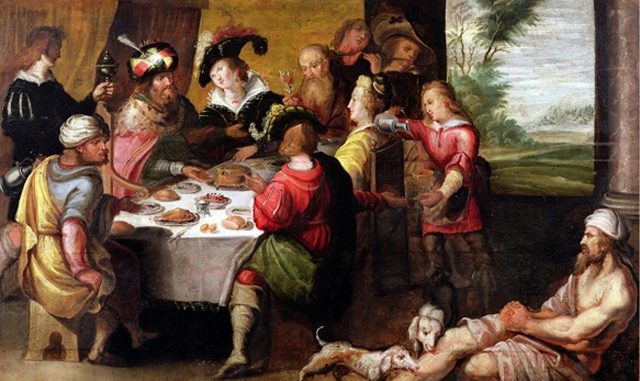
On a day between Independence Day and Bastille Day this summer, the Beaufort Gazette and Island Packet ran a crossword puzzle that incorporated a daunting reminder. As the squares filled in, the puzzle’s theme emerged: “Those who forget the past are condemned to it it it it it it.” The twist was omitting the word “repeat” and instead dramatizing it — with machine-gun effect.
Some parts of our history deserve treasuring and celebrating. On July 11, the Diocese of Charleston embarked on a year of ceremonies and activities leading up to the official date of our founding, July 11, 1820. As we move through the year, we will memorialize visionary bishops, hardworking faithful people, Catholic institutions, and our expansion from the first European Catholics here — Spanish, French, Irish — to a population of Euro-American, African and African American, Vietnamese, Central and South American, Filipino, Indian, and others who invigorate our parish life in South Carolina today. Liturgies, devotions, lectures, and displays all year will accentuate the positive.
In the midst of our self-congratulation, we should also face squarely the history of slave-holding and slave-trading, segregation, and discrimination in which Catholics have been complicit. We will need to confront, too, current stresses over abortion, human trafficking, detention of people at our borders, the unresolved status of undocumented persons and families, and attrition in the practice of religion. We will be challenged to ask whether we have heeded and even begun to emulate the example of the saints who have visited our state: Katharine Drexel, John Paul II, Teresa of Kolkata.
Have any of us surrendered a family fortune to advance the condition of African American and Native Americans and others? Have we preached and lived the Gospel of Life in a culture which increasingly buys into the idea that life and death decisions are a matter of personal choice? Do we see Christ and serve Christ in street people, abortion survivors, the destitute, the dying?
Forty years ago this October, St. John Paul II made his first visit to the United States. At Yankee Stadium he uttered a call which we have yet to internalize. He declared:
“The poor of the United States and of the world are your brothers and sisters in Christ. You must never be content to leave them just the crumbs from the feast. You must take of your substance, and not just of your abundance, in order to help them. And you must treat them like guests at your family table.”
Recent years have seen our culture tighten its grip on what is ours, ours, ours and focus on self-interest. We don’t worry about ICE raids on a Sunday or children in cages as long as we and ours are safe. But history has shown that moral errors have a way of bringing scandals, fires, guns, explosions, bloodshed, and deaths. The diocese and the state have experienced some of these. As we celebrate a history that is in many ways grand and graced, we ought to be asking whether we are repeating some of those errors and leaving Lazarus with wild dogs licking his sores at our gates.

